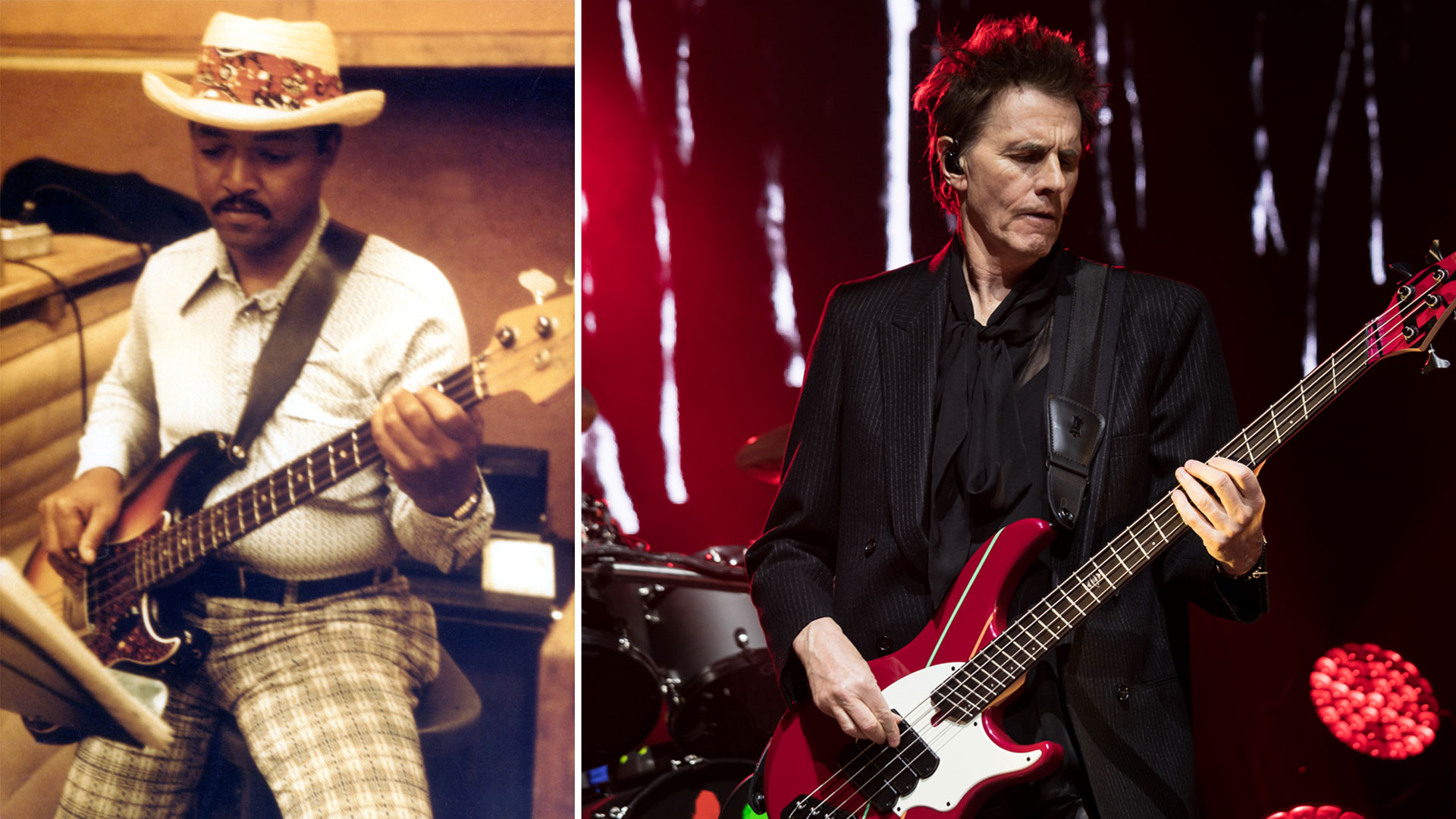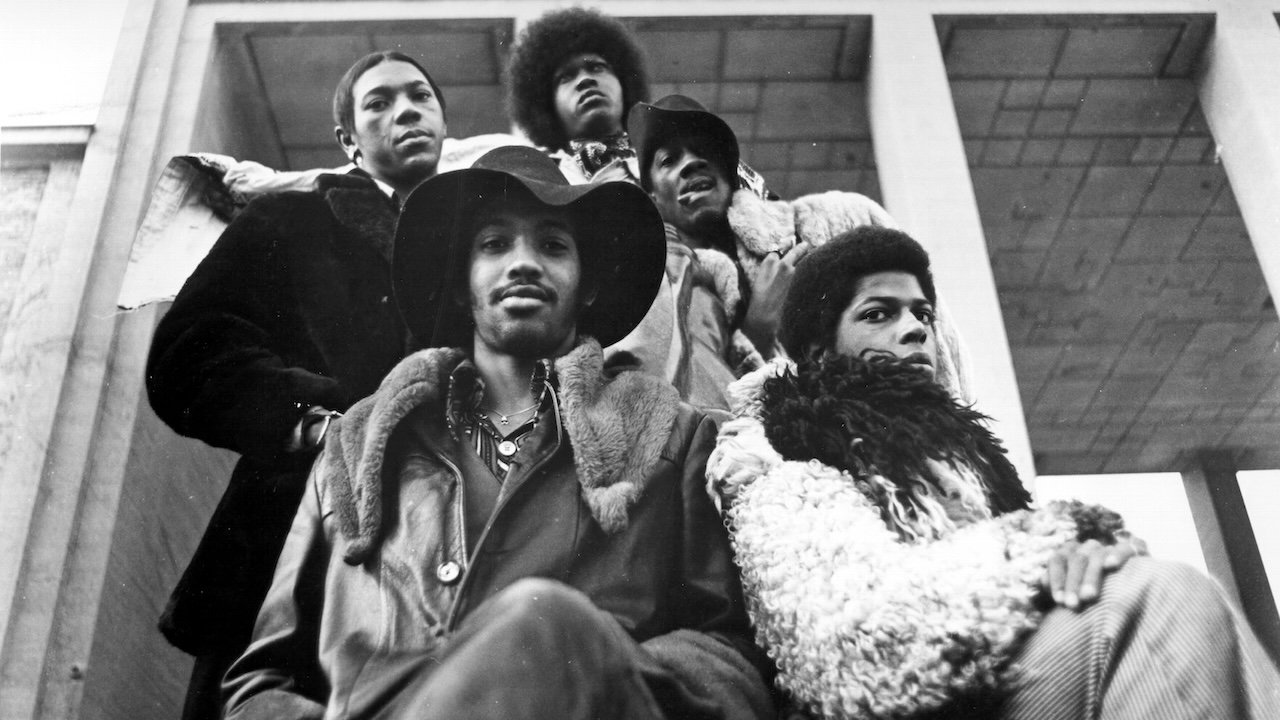“That incredible musicality James Jamerson would bring to his parts – nobody wants to hear that today”: Duran Duran bass legend John Taylor on why music is becoming simpler
The British bass player says pop music has lost its complexity – and he understands why

All the latest guitar news, interviews, lessons, reviews, deals and more, direct to your inbox!
You are now subscribed
Your newsletter sign-up was successful
Duran Duran bassist John Taylor has said he thinks that the average listener is becoming “more attuned” to simplicity in pop music.
The British musician, famed for his complex yet hooky bass parts hits on hits like Rio, was recently interviewed on YouTube channel Scott’s Bass Lessons and, in an advance clip titled Is Modern Music TOO Simple?, makes his case.
"I think the average listeners ears are becoming more attuned to ever-greater simplicity and every-greater economy in music," says Taylor, who it must be said, is not necessarily criticizing the modern bassist.
However, he does appear to lament what he appears to regard as the somewhat reduced role of the modern (presumably pop) player.
"If you listen to Motown basslines, that incredible musicality that James Jamerson would bring to his parts. Nobody wants to hear that today,” insists Taylor. “They just don't want to hear that.”
The cause of the change in tastes, reflects the bassist, is much less about how we feel about music itself and more about how we feel about everything else that bombards us in 2023.
“I understand that,” says Taylor. “Because, in a way, we've got a lot going on, all of us. So to let a piece of music into our seriously overcrowded minds, it's got to cut to the chase.”
All the latest guitar news, interviews, lessons, reviews, deals and more, direct to your inbox!
It’s an interesting point, though you could also argue that the aforementioned Jamerson and the session greats of the ’60s would have prided themselves on their economy at the time.
The studios were famously full of former jazz players (among them the likes of Carol Kaye), who played for the song – and their pay check – rather than to showcase their formidable chops.
However, it’s also worth pointing out that Taylor is not talking about pure technique here; it’s more about its application in a song scenario.
“Obviously technique is super-important, and when you’re alone and you’re not working, you can work on your technique all day long,” Taylor told Bass Player in 2022.
“But if you find yourself in a creative ensemble situation, and you’ve got to come up with a part that works with a bunch of other musicians’ parts, the conversation is about what we’re trying to do here... Stage two is starting to curate those ideas, and at each stage we get a little bit more under the microscope.”
Keep an eye on the Scott’s Bass Lessons channel for more from his conversation with Taylor.
In the meantime, you can check out Bass Player's full John Taylor interview, in which he discusses his Aria and Dingwall basses, moving to fanned frets and more on his writing and bass technique.

Matt is Deputy Editor for GuitarWorld.com. Before that he spent 10 years as a freelance music journalist, interviewing artists for the likes of Total Guitar, Guitarist, Guitar World, MusicRadar, NME.com, DJ Mag and Electronic Sound. In 2020, he launched CreativeMoney.co.uk, which aims to share the ideas that make creative lifestyles more sustainable. He plays guitar, but should not be allowed near your delay pedals.
